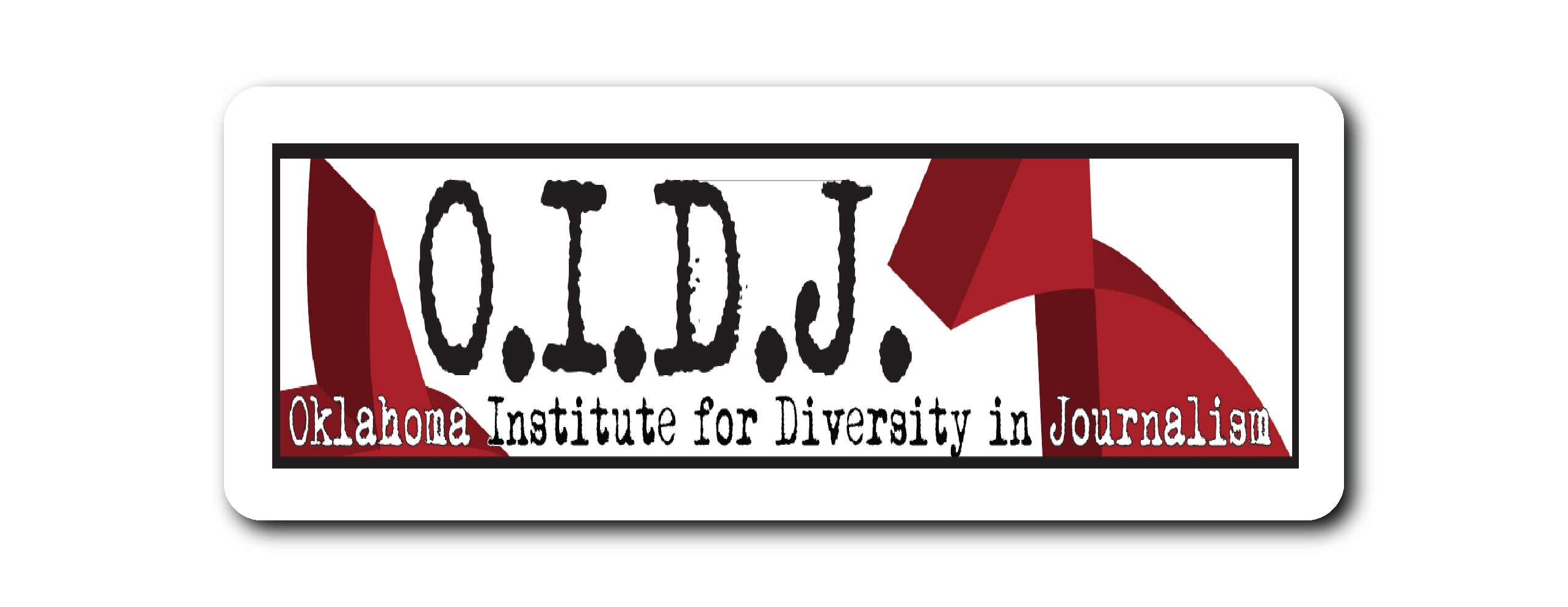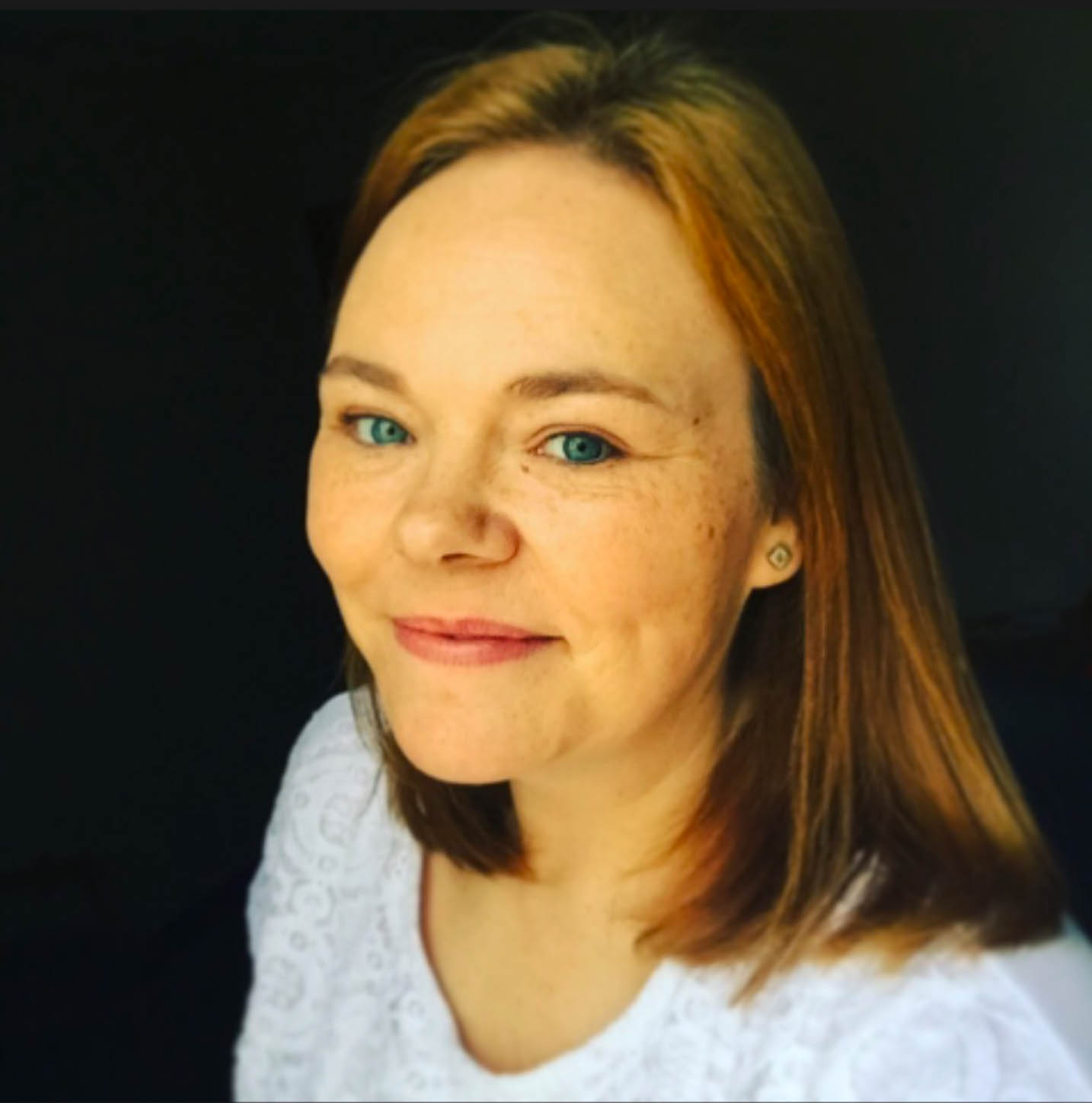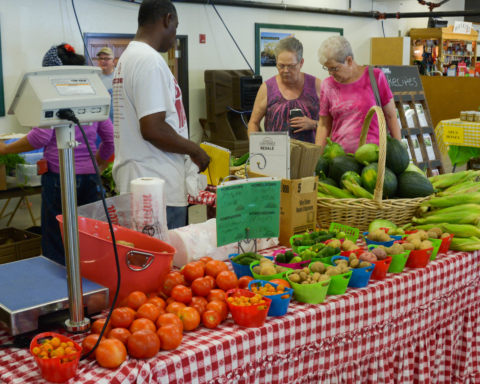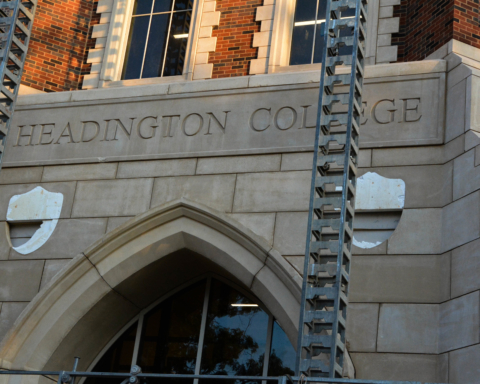Two Oklahoma women are working to raise awareness about an often misunderstood federal law regarding the adoption of Native American children.
Standing Our Ground for Children, formed in July 2013 by Nicky Michael, who is Delaware, and Johna James, who is Chickasaw, aims to be a voice for families affected when the Indian Child Welfare Act is ignored or belittled. The act helps keep Native children with their tribe, a family member or at least placed in a home that shares their culture.
Spurred in part by a case that rose to the U.S. Supreme Court involving a Cherokee child, “Baby Veronica,” who was ultimately adopted by a non-Native family in South Carolina, Michael and James speak and conduct rallies, recently appearing at the state capital as supporters held signs with messages such as “Our children are not for sale.”
Their Facebook page has more than 17,000 followers, and they say they have worked with people across the country supporting their cause.
Before the Indian Child Welfare Act’s passage in 1978, 92.5 percent of fostered Native American children were being placed in non-Native homes, according to the American Indian Child Resource Center. That rate was eight times higher than non-Native children. Many social workers’ general lack of knowledge about Native families was one reason so many children were separated from their culture.
“There’s a difference,” James said,” between a child who needs a home and a couple who just wants a baby.”
One of the child welfare act’s priorities is to make active efforts to remedy problems before possibly removing a child from a Native family. For example, if the power were out in a Native family’s home, officials cannot take the child unless there is significant abuse or neglect. Instead, active efforts must be made to get the power back on.
Still, the complex law is not without confusion and controversy.
Summer Wesley is a Choctaw activist with legal experience as a tribal attorney and has two adopted Native children of her own.
“Some bigger businesses and companies are against it because it interferes with their supply of children for the adoption industry,” she said.
In the case of Baby Veronica, a decision had to be made between Veronica’s birth father, who is Native, and the foster family she had been staying with. In the end, the Supreme Court ruled that the Indian Child Welfare Act did not require Veronica be given to her biological father because he didn’t have custody at birth, reasoning that there was no “existing Indian family” to be protected by the act, according to the Tulsa World.
The case sparked national debate and inspired James.
“Our intentions of starting (the group) was not to create a national grassroots movement,” James said. “It was to help a little girl and her family.”
Some think the Indian Child Welfare Act means Native parents or families are favored in the courtroom when facing custody or removal issues.
“The common misunderstanding is that ICWA doesn’t say only Native family, ICWA says family,”Wesley said.
James said her childhood was a prominent example of that notion. While her father was Native, her mother wasn’t. That led to her mother being against the law at the time.
“When Baby Veronica happened, it resonated with me because that was my lived experience – I realized what was going on and told Nicky we have to do something,” she said.
Her mother had cut off contact with her grandmother, like her father, for the same fear of losing her daughter.
“I knew growing up that I wasn’t allowed to be enrolled because of ICWA,” she said.
Her grandmother enrolled her as a teenager, and at 18 she contacted her tribe and found her family.
“I’m adopted, and what I know about being adopted and also adopting a child is that at some point when as you grow up, you have to reconcile your identity, know who you are and where you came from,” James said.
“And that’s what Standing Our Ground For Children is here to help with.”






